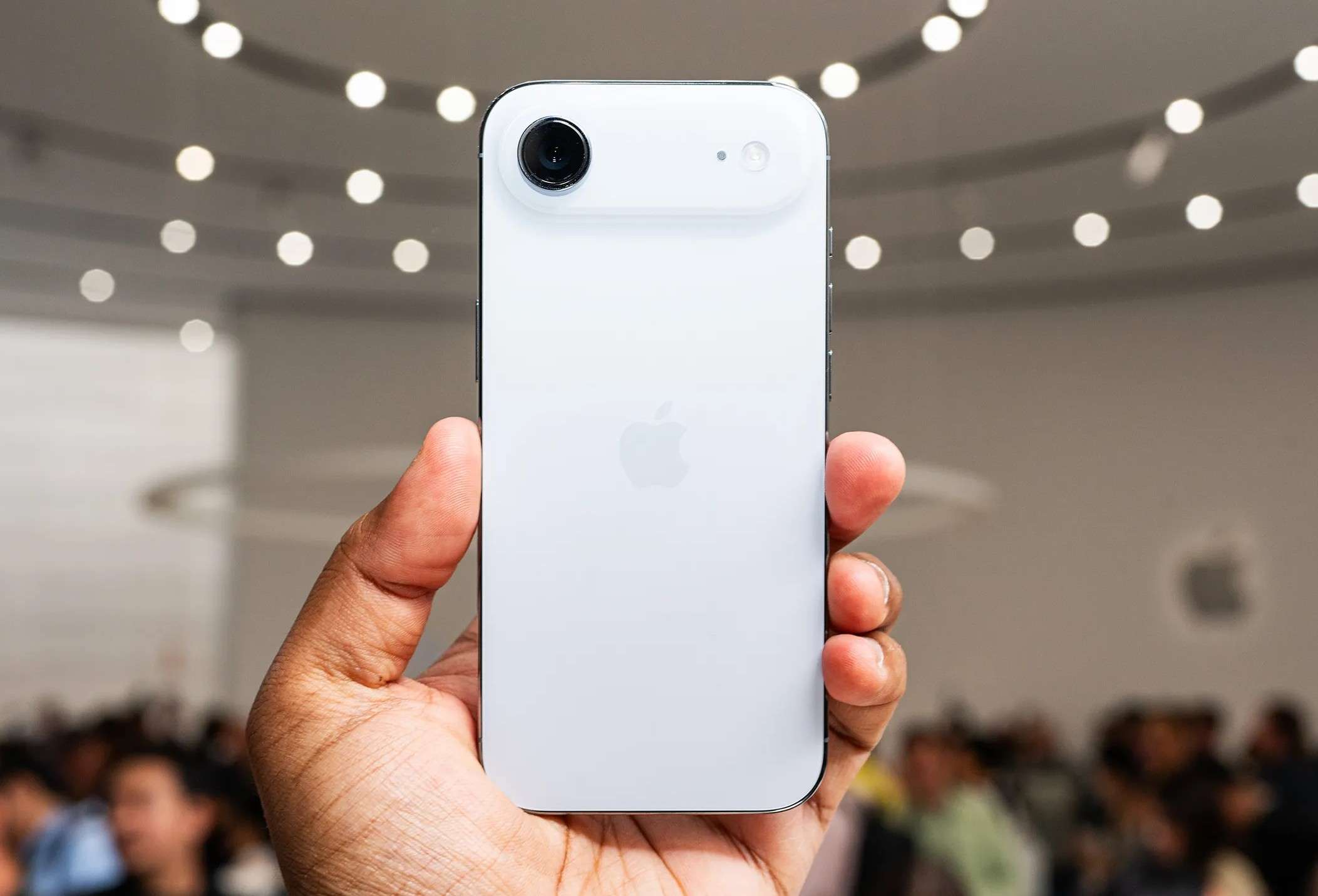The global smartphone industry is shifting, and the failure of Apple’s latest ultra-thin flagship is a primary cause. The iPhone Air’s poor sales have reportedly discouraged several major competitors. This surprising turn of events confirms that the market is moving away from the “ultra-slim” design trend. According to a new report from DigiTimes, several top-tier Chinese brands drop slim phones from their immediate product roadmaps.
Brands including Xiaomi, Oppo, and Vivo have all reportedly cancelled or significantly postponed their plans to launch ultra-slim devices. These phones were explicitly designed to compete with the iPhone Air’s distinctive, slender form factor. For the tech-savvy audience in Pakistan, this means fewer design options and a focus on different priorities—like battery life—from the brands they prefer.
Why Chinese Brands Dropped the Ultra-Slim Phone Trend
The decision by these massive Chinese smartphone brands, popular in markets like Pakistan, is a direct reaction to the lackluster performance of the iPhone Air. When a premium-priced pioneer like Apple struggles to generate demand for a specific design, rival companies quickly take note. The Air model was simply not selling as expected, creating significant uncertainty about the consumer appetite for ultra-thin devices.
The signs of disappointing sales are clear in the supply chain. Key Apple suppliers have taken immediate action. Foxconn has reportedly reduced its iPhone production lines, and Luxshare, another major supplier, has completely halted its Air-specific production. Furthermore, there have been reports of the Air’s designer leaving Apple, and the company has reportedly delayed the phone’s successor. This paints a picture of a design philosophy that failed to resonate with mass-market consumers.
Performance Over Design: What Consumers Want
The core issue may lie in the design trade-offs required to achieve that sleek, ultra-slim profile. To make the iPhone Air so thin, compromises were likely made in key areas that matter most to consumers in Pakistan and globally:
- Battery Life: A thinner body usually means a smaller battery. Users rely heavily on their smartphones throughout the day and prioritize battery endurance over a few millimeters of thinness.
- Camera Technology: Achieving a super-slim profile often limits the space for advanced camera modules, resulting in a less capable photography experience.
- Durability and Price: An ultra-thin design can compromise structural integrity, potentially making the phone more fragile. Paired with a premium price tag, this is a tough sell for value-conscious buyers.
For these reasons, the major Chinese brands drop slim phones and will now reallocate resources back to more conventional models. These conventional models can deliver what consumers truly want: longer battery life, better cameras, and more affordable pricing.
What This Means for the Pakistani Smartphone Market
As a Pakistani consumer, you should expect to see Chinese mobile phone brands like Xiaomi, Oppo, and Vivo prioritize models that focus on performance and features over thinness. This shift is good news for those seeking long-lasting devices. Expect the following trends in the coming months:
- Bigger Batteries: Flagship and mid-range devices will continue to offer large battery capacities to meet the demands of power users.
- Advanced Cameras: Resources previously allocated to ultra-slim designs will now go towards developing superior camera systems, a major selling point in the local market.
- Affordability: By avoiding the expensive engineering needed for ultra-thin chassis, these brands can maintain competitive pricing.
This market correction proves that for the majority of buyers, the practicalities of daily use outweigh a purely aesthetic design choice.
[Internal Link: PukaarPakistan/Tech-Reviews]
Conclusion and Call-to-Action
The iPhone Air’s poor sales served as a major market indicator. It sent a clear message to the industry: the ultra-thin phone trend is over for now. Leading Chinese brands drop slim phones as a direct result, prioritizing functional improvements that directly benefit the user. This means the future of the market will likely favor robust, high-performance devices.













